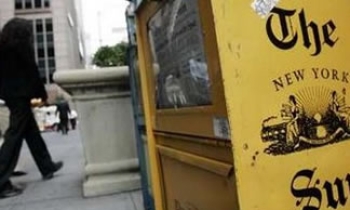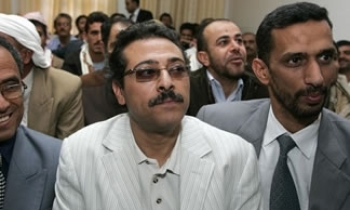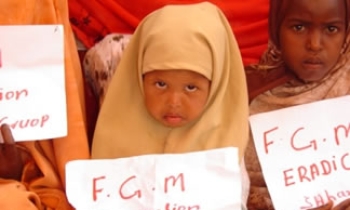KABUL (Reuters) - An Italian journalist kidnapped in southern Afghanistan three weeks ago said after his release on Friday he was tired but happy his ordeal was over.
Gabriele Torsello, a 36-year-old, London-based photojournalist taken by armed men from a public bus in the most dangerous part of the country, spoke briefly to journalists at the Italian embassy in Kabul, near the headquarters of the NATO military operation.
"I am really, really tired. It's my mind, I am just tired," he said, wearing a white, freshly laundered salwar-kameez (long top and baggy trousers). "It's been an extreme 22 days."
He declined to take questions, and looked slightly dazed.
Torsello, who was allowed to call an Italian aid agency hospital several times during his captivity, said he had been held mostly in darkness, a scarf around his head, and that all his photographs had been taken.
He told aid workers earlier he had been shackled most of the time and fed mainly potatoes or wet bread in soup with lard -- better-than-normal fare in the impoverished south.
"I thought they would kill me," the PeaceReporter online news site quoted him as saying before his arrival in Kabul, recounting a night when his captors took him outside instead of feeding him.
Kidnappings, both for criminal and political reasons, have become increasingly common across Afghanistan.
Afghan police said Torsello was held by the Taliban, but the group denied any involvement, blaming criminals instead.
Five gunmen seized Torsello on October 12 from a bus on the highway from the capital of Helmand province to neighbouring Kandahar province, both Taliban strongholds and major opium centres.
Torsello did not explain why he was travelling on one of the most dangerous roads in the country and did not say if a ransom had been paid to free him.
Italy has a reputation in Iraq and Afghanistan for paying ransoms, security contractors, analysts and diplomats in both countries say. But Italy's ambassador to Kabul, Ettore Sequi, denied media reports a ransom had been paid.
The kidnappers had demanded Italy hand over an Afghan who converted to Christianity from Islam in return for Torsello's release. Failing that, they wanted Rome to pull its 1,800 soldiers out of the country.









